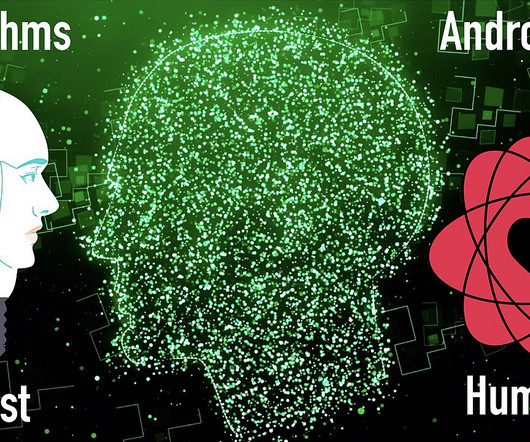The Emic Perspective of Generative AI
Teaching Anthropology
FEBRUARY 3, 2025
For anyone who has been teaching anthropology over the last two years, the latter will be of no surprise to you. (As 2023, and Ouyang et al., As we all teach in our Introduction to Anthropology classes, the emic perspective is essential for understanding a cultural practice. We are the discipline of anthropology.












Let's personalize your content